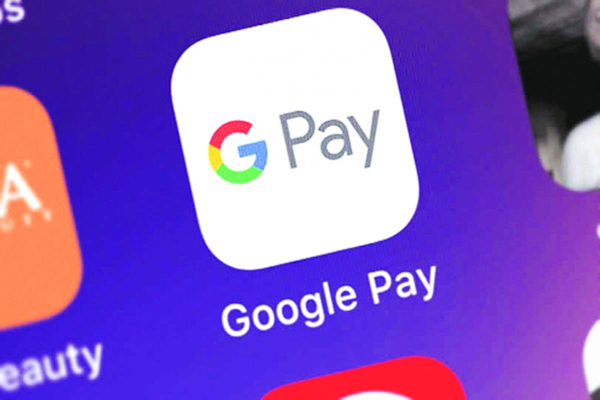Google Pay will now let users based in the USA send back money to their friends and family in India and Singapore. The news was first reported by TechCrunch and Google also confirmed the same via a blog post. Google has partnered with Western Union and Wise to support the feature.
In the blog post, Google adds that it expects US based users will be able to send money to people in more than 200 countries and territories through Wester Union and to 80 more countries through Wise.
According to the TechCrunch report, the feature will only allow individual users to transfer money and that it does not include support for businesses. So a US-based user cannot rely on Google Pay to make payments to any business in India at the moment.
Google Pay is currently one of the most popular apps in India with a larger user base. When a US-based user is transferring money to their family in India or Singapore, they will also be told that “exact amount that the recipient will receive,” according to TechCrunch.
Here’s how the Google Pay feature will work
To send money internationally, users will first have to search for the Google Pay user to whom they wish to send money.
When they find the contact, they will have to tap on Pay.
Google Pay will show an option to choose either Western Union or Wise. From there, users will have to follow the steps to complete the payment.
The blog post from Google also notes that until June 16, Western Union will offer unlimited free transfers when sending money with Google Pay. Wise will make the first transfer free for new customers on transfers up to $500.
Source: IE
You may also like
-
Trade Connect E-platform For Exports Is Single Window, Fast, Accessible And Transformational: Shri Piyush Goyal
-
Dot Simplifies Approval Processes For Telecom Licenses And Wireless Equipment
-
Coal Production and Supply Trends on Positive Trajectory
-
Union Minister To Release Booklets On Promotion Of Indigenous Species & Conservation Of States Fishes
-
2nd India-Japan Finance Dialogue held in Tokyo on 6th September, 2024
